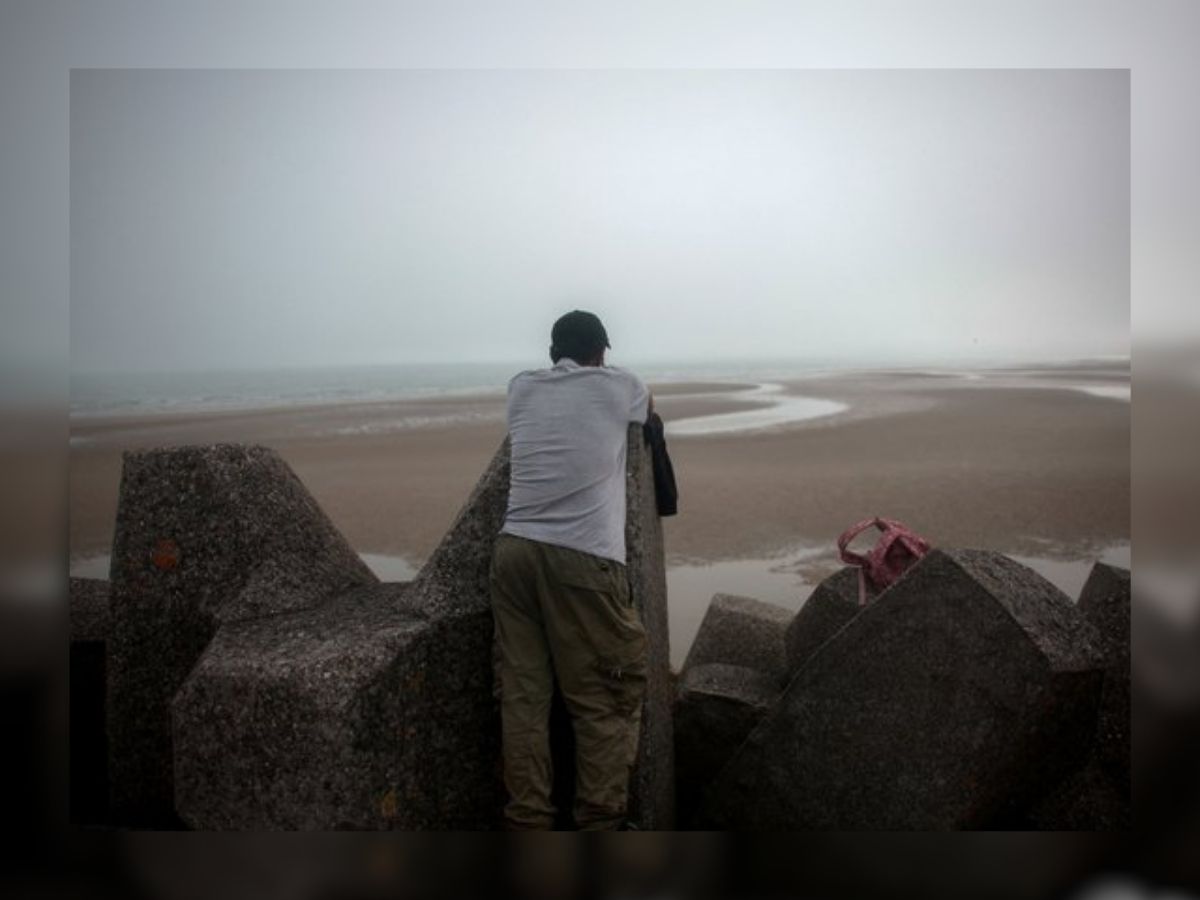The UK is set to begin returning some migrants who arrive via small boats to France “within days”, following approval of a bilateral treaty, the European media reported. This “one in, one out” policy allows France to take back undocumented arrivals in exchange for the UK accepting an equal number of asylum seekers who have verified family ties in Britain. The agreement, signed by UK Home Secretary Yvette Cooper and French Interior Minister Bruno Retailleau, runs through June 2026 and has cleared a review by the European Union.
How the Scheme Works
The pilot scheme will see return of roughly 50 migrants per week (about 2,600 annually), focussing on those who arrive directly in the UK on small boats. Cooper told Sky News, “The numbers will start lower and then build up.” Returned individuals will automatically become ineligible for Britain’s legal routes. Anyone attempting to re-enter will be sent back again as a priority. EU officials have given the green light to the plan, and the UK Home Office says the system is operationally ready.
High Political Stakes
An estimated total of over 25,000 people are reported to have crossed from France to the UK in small boats during 2025, prompting pressure on Prime Minister Keir Starmer to tackle migration, according to The Guardian. Starmer, for his part, has called the deal “months of grown‑up diplomacy delivering real results for British people.” Reform UK leader Nigel Farage’s party, leading national opinion polls, has criticised the failure to reduce arrivals, giving added urgency to Starmer’s approach, France 24 reported. Protests in England over housing asylum seekers have been organised by both anti-immigration and pro-immigration groups in recent weeks.
Government Pushback & Challenges
French Interior Minister Retailleau described the deal as a key step to “break up the people‑smuggling networks.” Cooper said this deal is one element of a broader strategy, which includes sanctions against smugglers, cracking down on social media tactics, and partnering with delivery firms to disrupt illegal workforce recruitment. “It is also right to make clear … this must be done in a controlled and managed legal way, not through dangerous, illegal and uncontrolled routes,” she further stressed.
Those opposing the move say the scale of 50 returns per week is too small to deter the smugglers. Some parliamentarians have warned that the numbers are too limited, calling it akin to “17 in, one out.” However, the government asserts that the pilot plan is intended to undermine the smugglers’ narrative and may be expanded over time.
Legal Safeguards and Future of the Deal
Cooper expressed confidence in the legal robustness of the treaty and pointed to lessons learned from the collapsed Rwanda deportation scheme under the Conservatives. Both governments said they would review results after the pilot period ends next summer.






